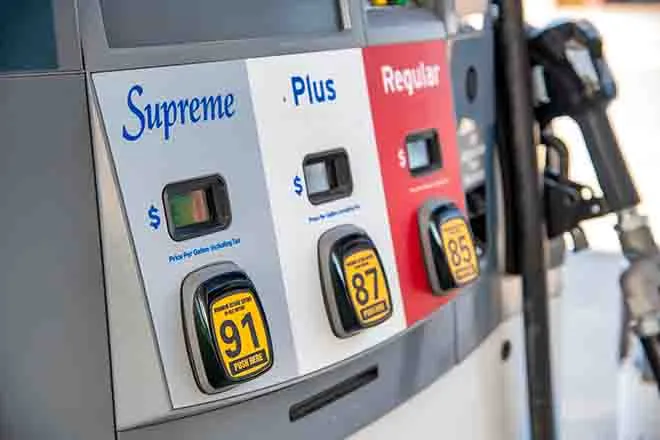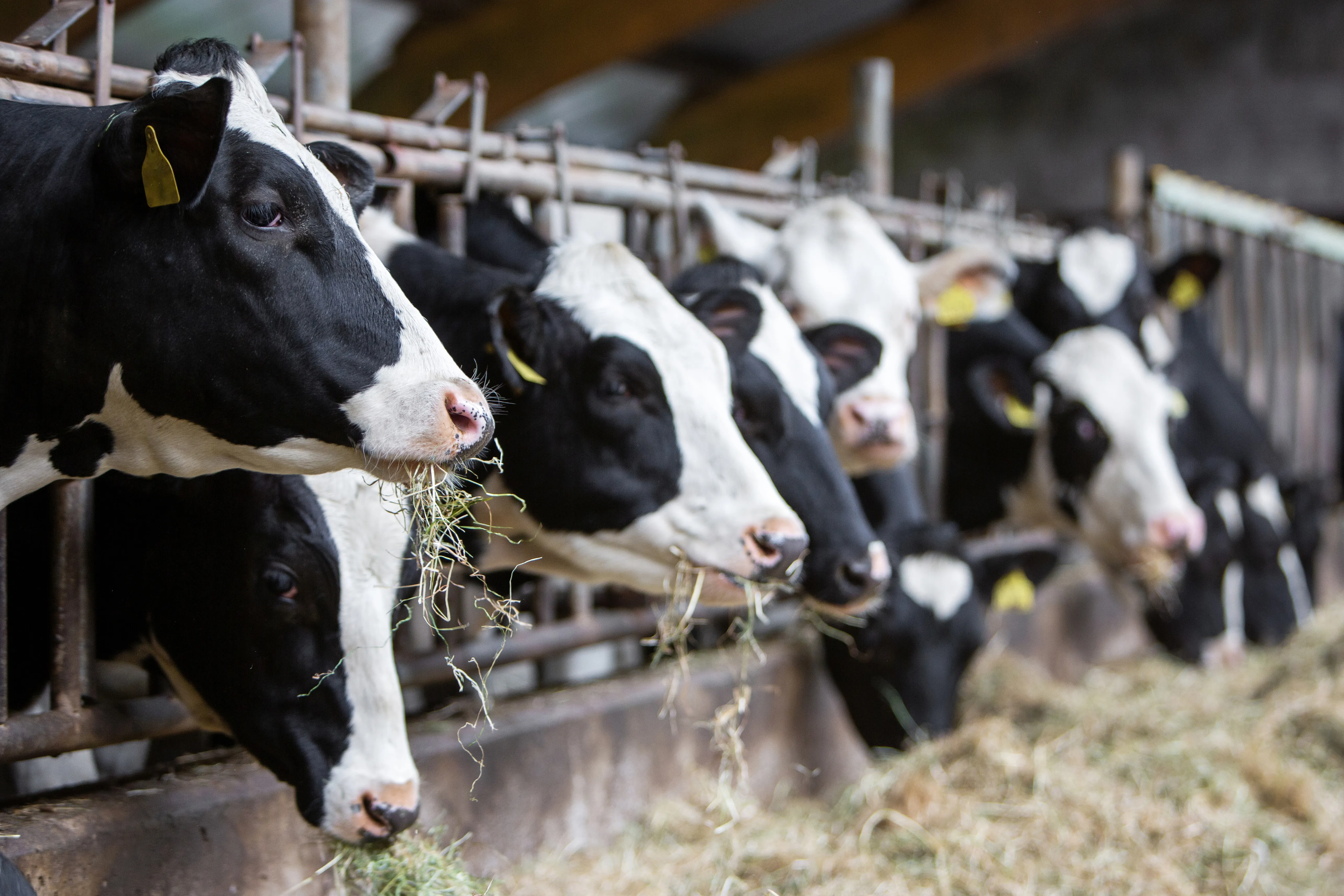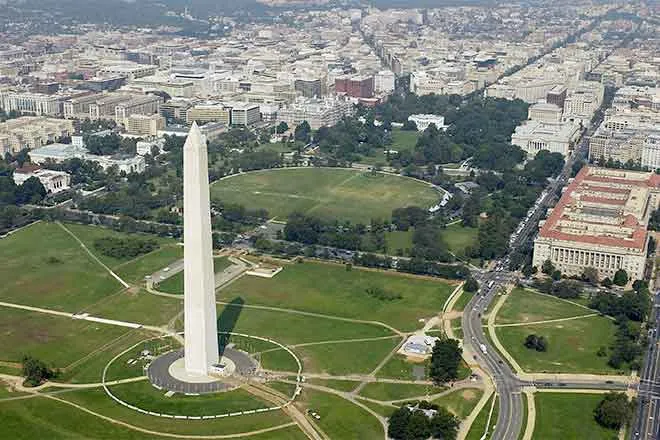
Daily Audio Newscast Afternoon Update - November 13, 2024
News from around the nation.
Trump Taps Elon Musk and Vivek Ramaswamy to Slash Government; Creating virtual power plants for resiliency during extreme weather, wildfires; Federal funds help power Pennsylvania produce distributor's rooftop solar; New Nebraska caregiver tax credit has military focus.
Transcript
The Public News Service Wednesday afternoon update.
I'm Mike Clifford.
First, how do you slash, cut, restructure, and even dismantle parts of the federal government?
Well, the New York Times reports if you're President Donald Trump, you turn to two wealthy entrepreneurs.
The Times reports Trump said on Tuesday that Elon Musk and Vivek Ramaswamy will leave what he called the Department of Government Efficiency.
It will be, he said, the Manhattan Project of this era, driving drastic change throughout the government with major cuts to new efficiencies and bloated agencies in the federal bureaucracy.
He set a goal of July 4, 2026.
And an electric cooperative that supplies power to Western Colorado is pioneering energy independence for homes, businesses, and farms.
They're creating a virtual power plant, a network connecting residential rooftop solar and battery storage to smart appliances such as heat pumps, electric vehicles, and water heaters.
A recent read with Holy Cross Energy says this microgrid can be tapped to keep the lights on when power lines from coal and gas-fired plants are disrupted.
Holy Cross Energy is implementing the use of virtual power plants to help with resilience, both for large events such as wildfires, but also for smaller events to keep our power reliable.
Virtual power plants also reduce reliance on costly, polluting energy from coal and gas-fired units.
I'm Eric Galatas.
And although Pennsylvania is a major supplier of electricity from coal and gas, solar energy is gaining ground there.
Federal incentives are helping local companies adopt solar power, reducing costs and their carbon footprints.
Daniel Smith has more in this Resource Rural Keystone State News Connection collaboration.
Randy Groff of Four Seasons Produce in Africa says his company has installed a total of three megawatts of solar panels across its roof, partly in 2018, then doubling its solar capacity this year.
He says the tax credits that funded these upgrades were made available through the Inflation Reduction Act.
We also took advantage of the 40 percent bonus depreciation on both projects.
We received a Pennsylvania solar energy grant for the first project.
That was $500,000.
And then this current project that we just finished up in 2024, we're receiving a PPL utility rebate of half a million dollars.
And as folks in Nebraska anticipate the upcoming holiday season, some might also be looking ahead to the 2025 tax season.
It will include a new tax credit for family caregivers, including those looking after military veterans.
Starting in 2025, a new state law provides eligible family caregivers up to $2,000 in tax credits for out-of-pocket expenses.
Gina Ragland is with AARP Nebraska.
Because some of the service-related illnesses or injuries may extend beyond what they're able to afford or maybe what the coverage is through the VA.
The cap increases to $3,000 if the family member receiving care has dementia or is a veteran.
This is Public News Service.
Looking ahead to this weekend, a new coalition called We Are California is holding meetings up and down the state, preparing to resist what it sees as anticipated attacks from the incoming Trump administration.
Hundreds of nonprofits have joined the coalition, whose mission is to promote inclusion, community and democratic norms.
Angelica Salas is with CHIRLA, the Coalition for Humane Immigrant Rights of Los Angeles.
So what are we bracing for?
Exactly what Donald Trump said he was going to do.
Mass deportations, family separation, worksite raids.
These are all things that he has done in the past.
But what we're expecting is a scale of attack on our community that is unprecedented.
I'm Suzanne Potter.
In 2017, lawmakers passed the California Values Act, which says no state or local resources can be used to assist federal immigration enforcement.
And it declares schools, hospitals and courthouses as safe spaces.
The food we consume is a significant contributor to global greenhouse gas emissions, with beef production key to the fast food industry among the leading sources.
Pressure on major fast food chains to set measurable climate goals has begun to build, not only from environmental groups, but also from a somewhat unexpected source, shareholders.
This shift reflects a broader trend in shareholder activism, says Dr.
Kevin Chua, a business professor at Northeastern University.
The public campaigns tend to be those that include shareholder proposals, can involve litigation.
It could be as simple as writing a public letter to a company or to a group of companies asking for a demand.
He says these strategies have led companies like Jack in the Box and Wingstop to set broad climate goals driven by nonprofits focused on environmental accountability.
He notes to avoid resistance from large investors, these goals tend to stay general, allowing companies some discretion in defining their environmental commitments.
Farah Siddiqui reporting.
This story produced for The Original Reporting from Grace Hussain for Sentinent.
Finally, our Mark Moran lets us know a federal court in Montana has held a hearing more than two years after a coalition of environmental advocates sued the U.S.
Forest Service and Fish and Wildlife Service over expanding cattle grazing in the Paradise Valley.
The coalition, which includes Alliance for the Wild Rockies and the Western Watersheds Project, sued the agencies for extending the cattle grazing season by a month on nearly 1,400 acres of forest land.
Wild Rockies Executive Director Mike Garrity says that plan will mean more interactions between young, unattended cattle and grizzly bears, which wouldn't end well for either one.
Putting calves out a month early when they're very small just provides a fast food snack for a grizzly bear.
This is Mike Clifford for Public News Service.
We are member and listener supported.
Hear us on radio stations big and small, your favorite podcast platform, find our content and trust indicators at publicnewsservice.org.
















